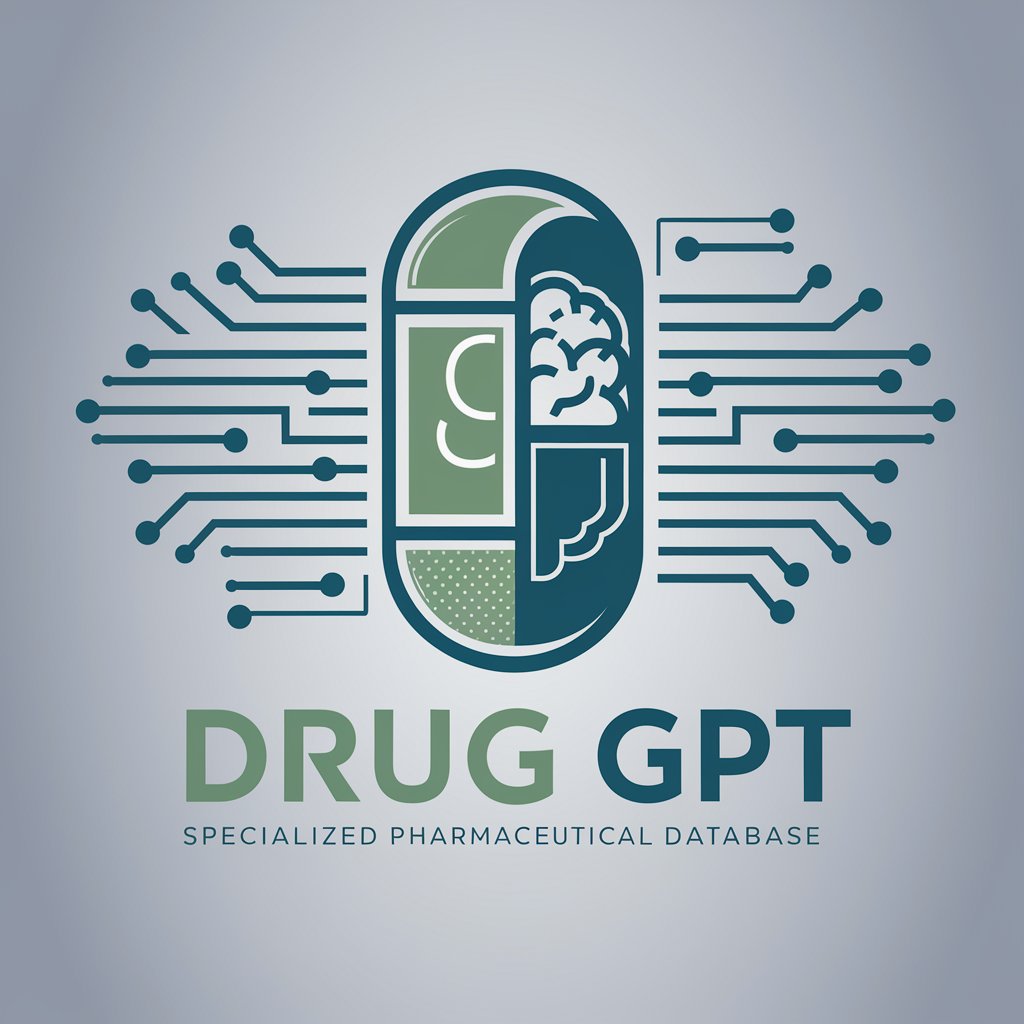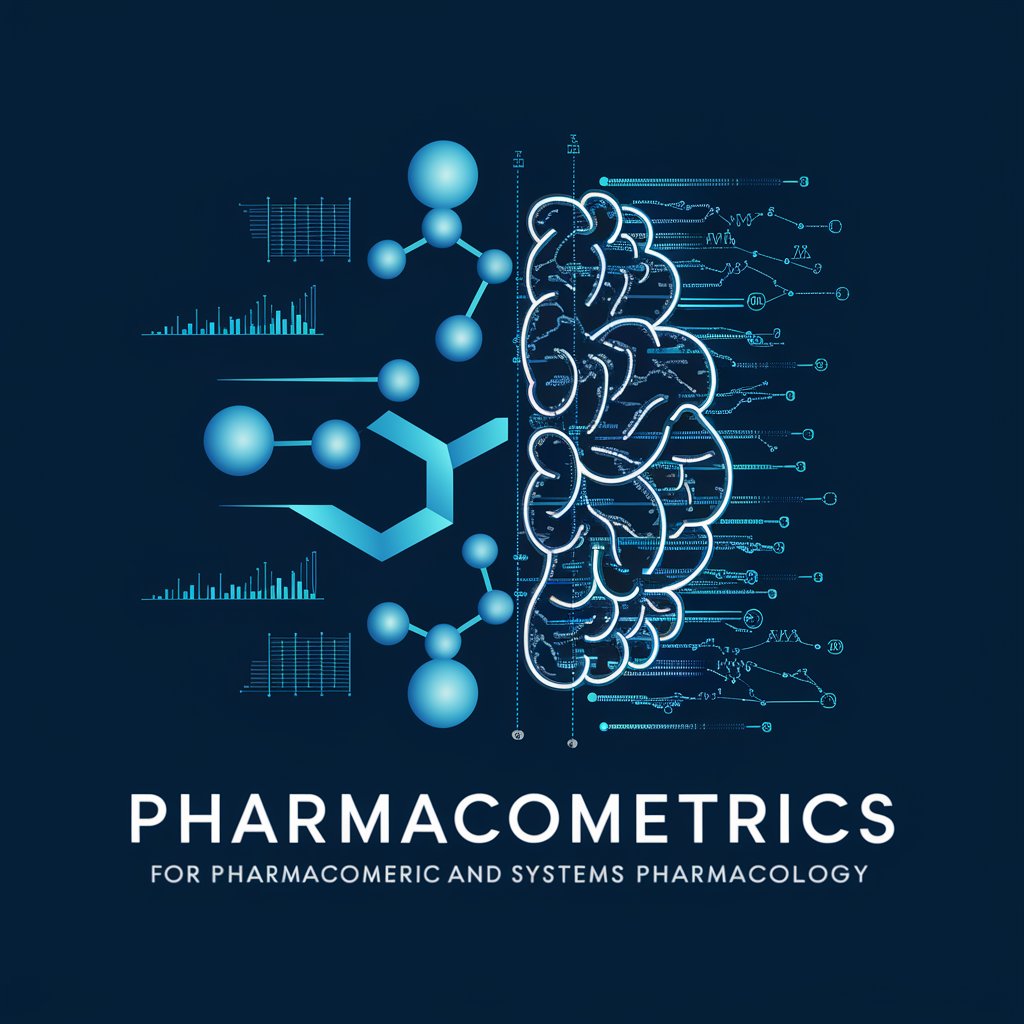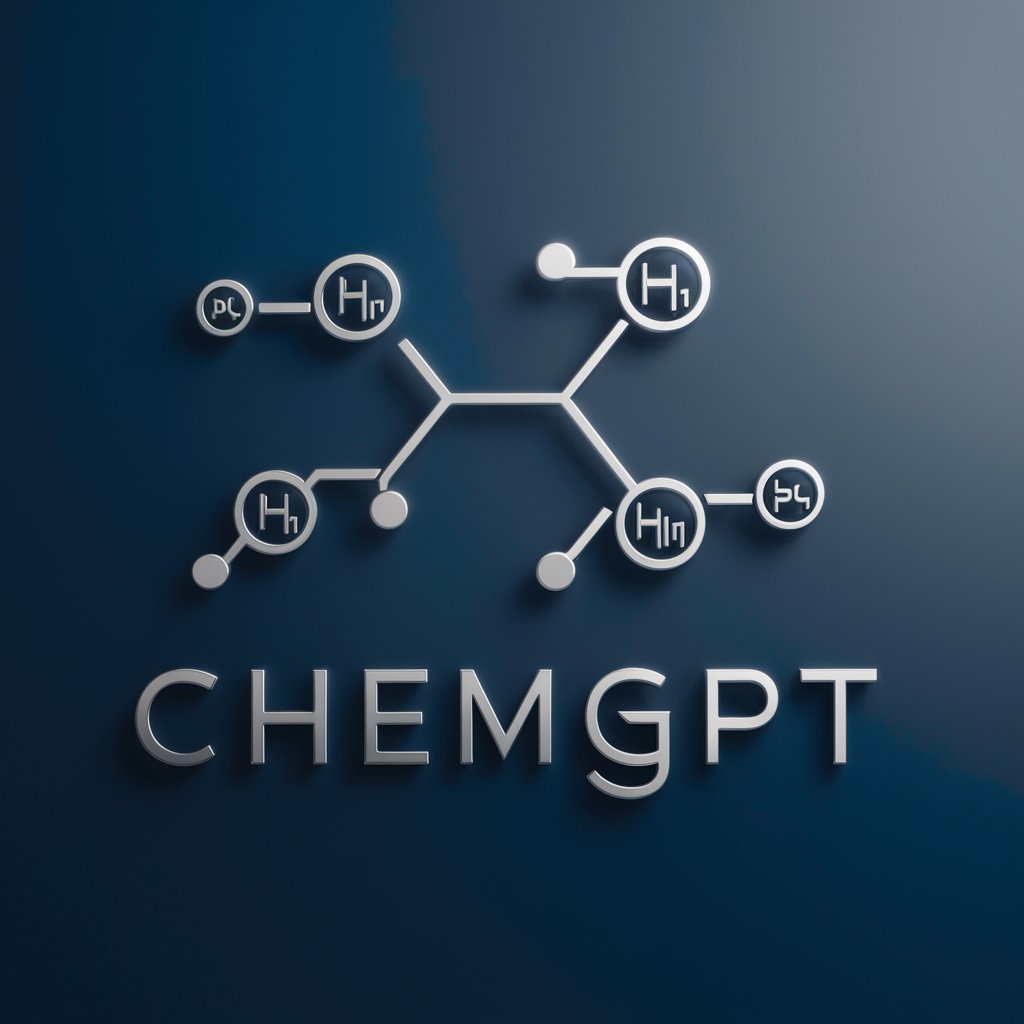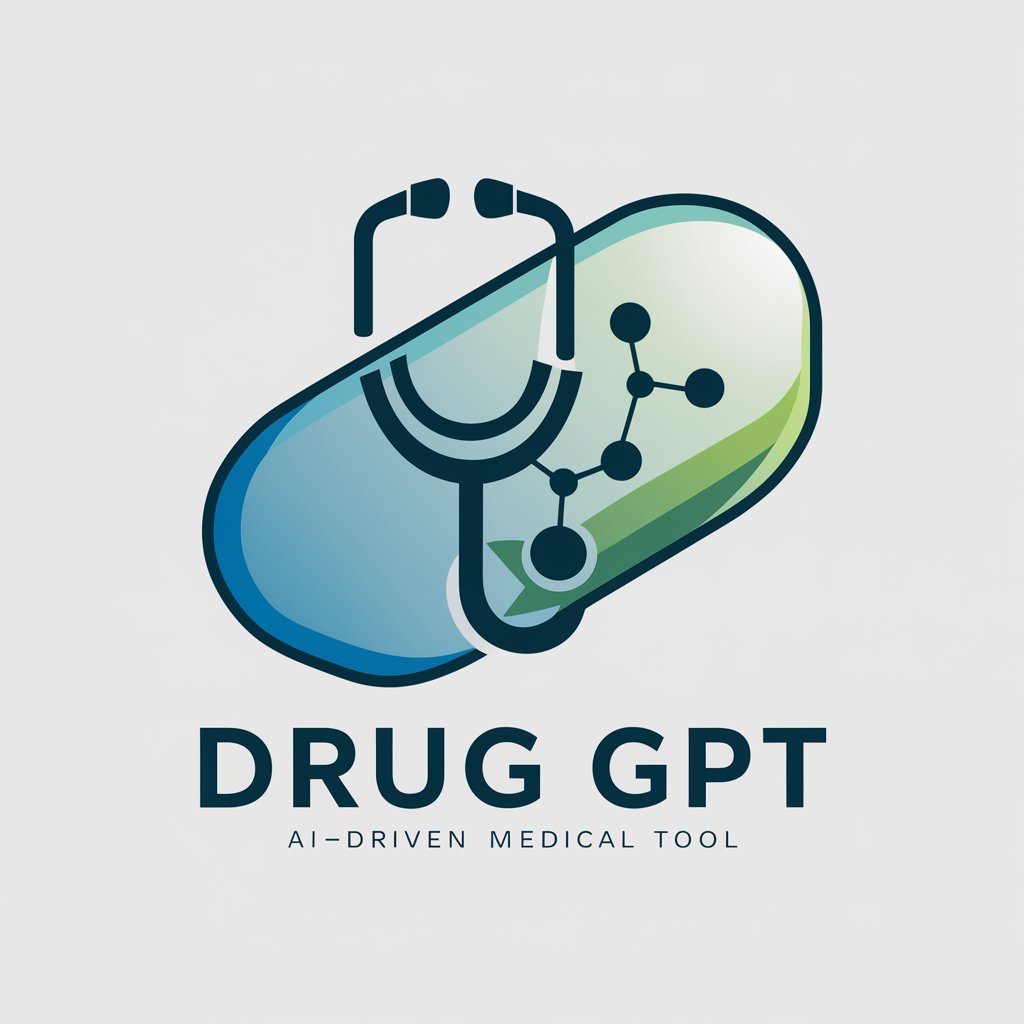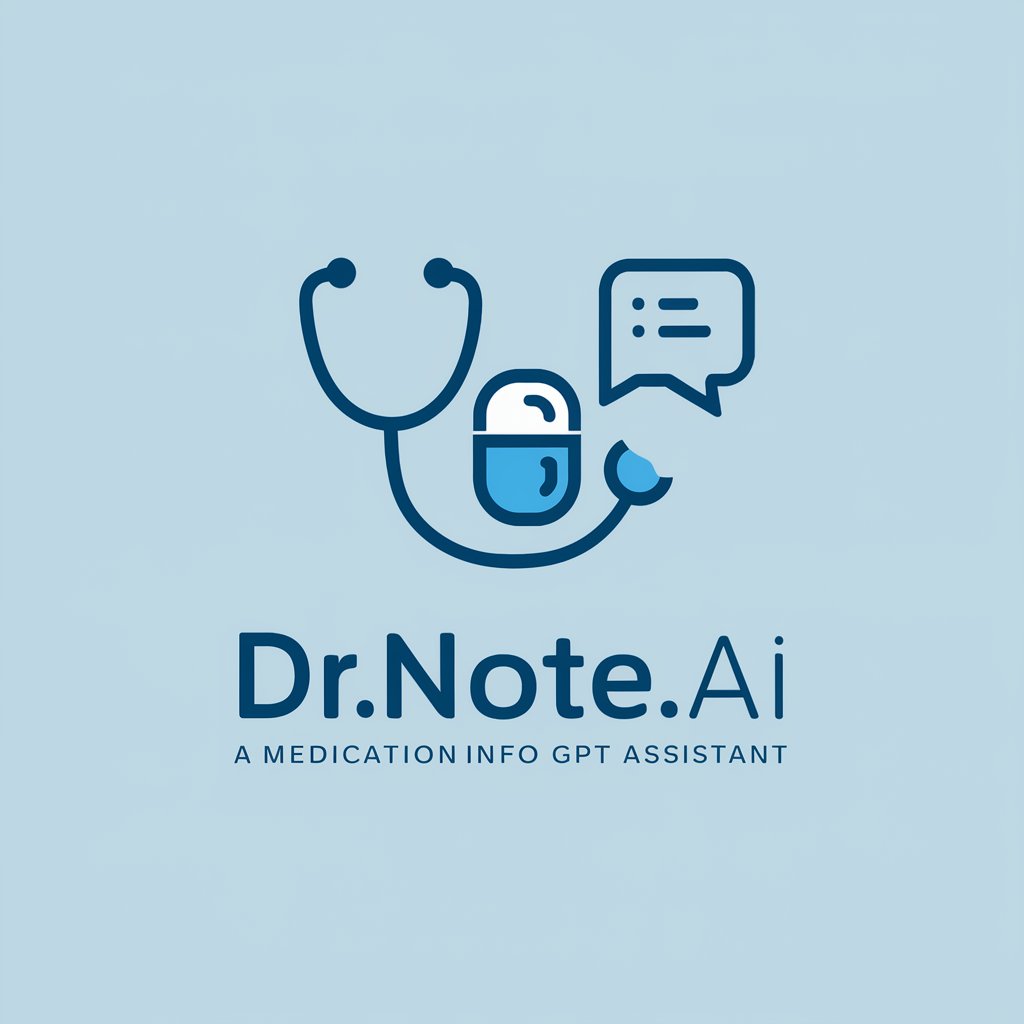
Clinical Pharmacology and Pharmacokinetics GPT - Clinical Pharmacology AI
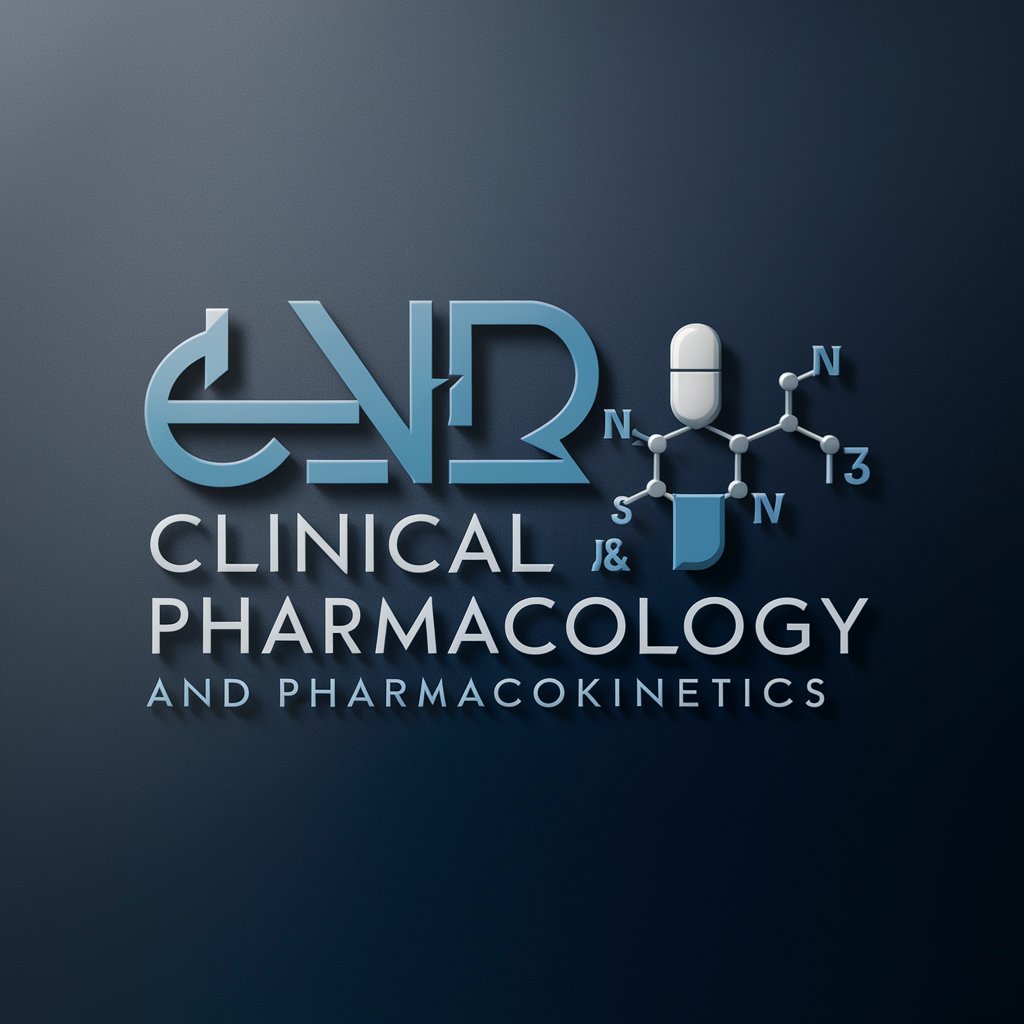
Welcome to the world of clinical pharmacology!
Empowering Pharmacology with AI
Explain the basic principles of pharmacokinetics.
Describe the factors affecting drug absorption and distribution.
What are the key methods used in pharmacokinetic studies?
Discuss the clinical significance of therapeutic drug monitoring.
Get Embed Code
Introduction to Clinical Pharmacology and Pharmacokinetics GPT
Clinical Pharmacology and Pharmacokinetics GPT is designed as an advanced educational and support tool aimed at enhancing the understanding and application of clinical pharmacology and pharmacokinetics principles. Its core purpose is to assist in the interpretation of drug action, distribution, metabolism, and excretion within the body, along with providing insights into the clinical application of these principles for optimizing therapeutic outcomes. By integrating complex pharmacokinetic models and drug data, it serves as a bridge between theoretical pharmacology and practical therapeutic management. For example, it can simulate drug concentration-time profiles after administration of various dosages, helping healthcare professionals to visualize and predict drug behavior in different patient scenarios. Powered by ChatGPT-4o。

Main Functions of Clinical Pharmacology and Pharmacokinetics GPT
Drug Dosage Optimization
Example
Calculating the optimal dosing regimen for antibiotics in a patient with renal impairment.
Scenario
A healthcare provider inputs patient-specific parameters such as age, weight, renal function, and the drug of interest. The GPT then suggests an adjusted dosing regimen that maintains therapeutic efficacy while minimizing toxicity.
Simulation of Drug Concentration Profiles
Example
Predicting plasma concentration-time curves for a new oncology drug.
Scenario
A pharmacologist working on drug development inputs the pharmacokinetic parameters of a new drug. The GPT generates simulation graphs showing how the drug's plasma concentration is expected to change over time, aiding in understanding the drug’s pharmacokinetics.
Therapeutic Drug Monitoring
Example
Interpreting plasma drug concentrations for managing antiepileptic therapy.
Scenario
A neurologist inputs the plasma levels of an antiepileptic drug from a patient and receives recommendations on whether to adjust the dose to achieve optimal therapeutic levels, based on the drug's known therapeutic range and the patient's clinical response.
Pharmacokinetic/Pharmacodynamic (PK/PD) Modeling
Example
Modeling the relationship between drug exposure and the anticoagulant effect of warfarin.
Scenario
A researcher inputs PK/PD parameters of warfarin to model and understand the expected pharmacodynamic response in different population cohorts, facilitating the design of safer anticoagulation therapies.
Ideal Users of Clinical Pharmacology and Pharmacokinetics GPT
Healthcare Professionals
Physicians, pharmacists, and nurses who need to make informed decisions about drug dosing, therapeutic drug monitoring, and adjusting medications based on individual patient factors such as age, body weight, renal and hepatic function.
Clinical Pharmacologists
Specialists focused on the pharmacokinetics and pharmacodynamics of drugs, who can use the tool for research, teaching, or in clinical trials to simulate drug interactions, model drug metabolism, and predict effects of drug concentrations.
Pharmacokinetics/Pharmacodynamics Researchers
Scientists engaged in the development of new drugs or studying existing ones can utilize this GPT for PK/PD modeling, simulating clinical scenarios, and analyzing the impact of different variables on drug behavior and efficacy.
Medical Students and Residents
Learners seeking to enhance their understanding of clinical pharmacology principles, drug metabolism, and pharmacokinetics through interactive, case-based learning scenarios and simulations provided by the tool.

Guide to Using Clinical Pharmacology and Pharmacokinetics GPT
Start Free Trial
Begin by accessing yeschat.ai to initiate a free trial without the need for login or subscribing to ChatGPT Plus.
Identify Your Query
Clearly define your question or the information you seek related to Clinical Pharmacology and Pharmacokinetics to ensure precise and relevant assistance.
Input Your Query
Enter your detailed question into the provided text field. Be as specific as possible to receive the most accurate information.
Review the Response
Carefully review the provided information for accuracy and relevance to your query. Use the 'Refine' feature if needed to narrow down the details.
Apply Insights
Utilize the obtained insights in your clinical practice, research, or academic work, applying the knowledge to enhance your understanding and decision-making.
Try other advanced and practical GPTs
Clinical Research Critique & Review GPT
Empowering Research with AI Insights
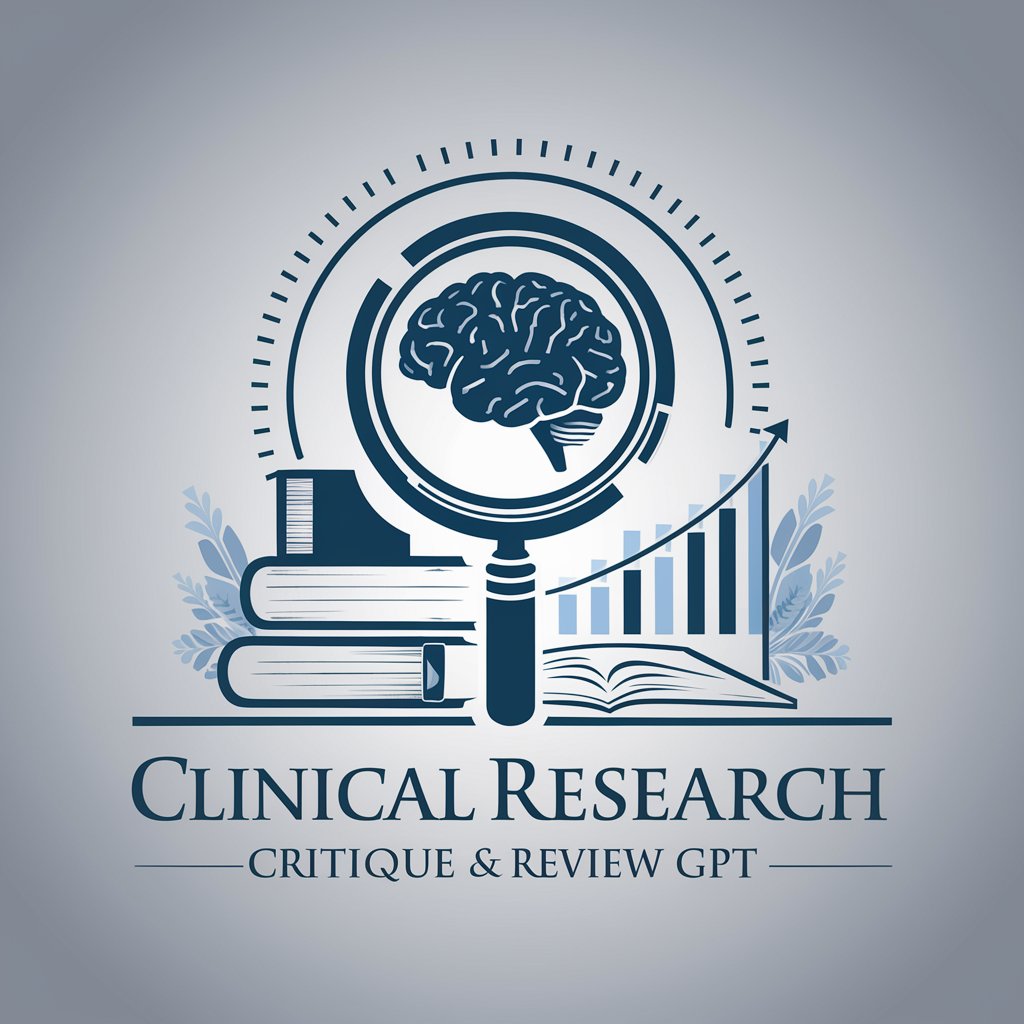
AI Influencer Prompt Designer GPT
Empower Your Influence with AI
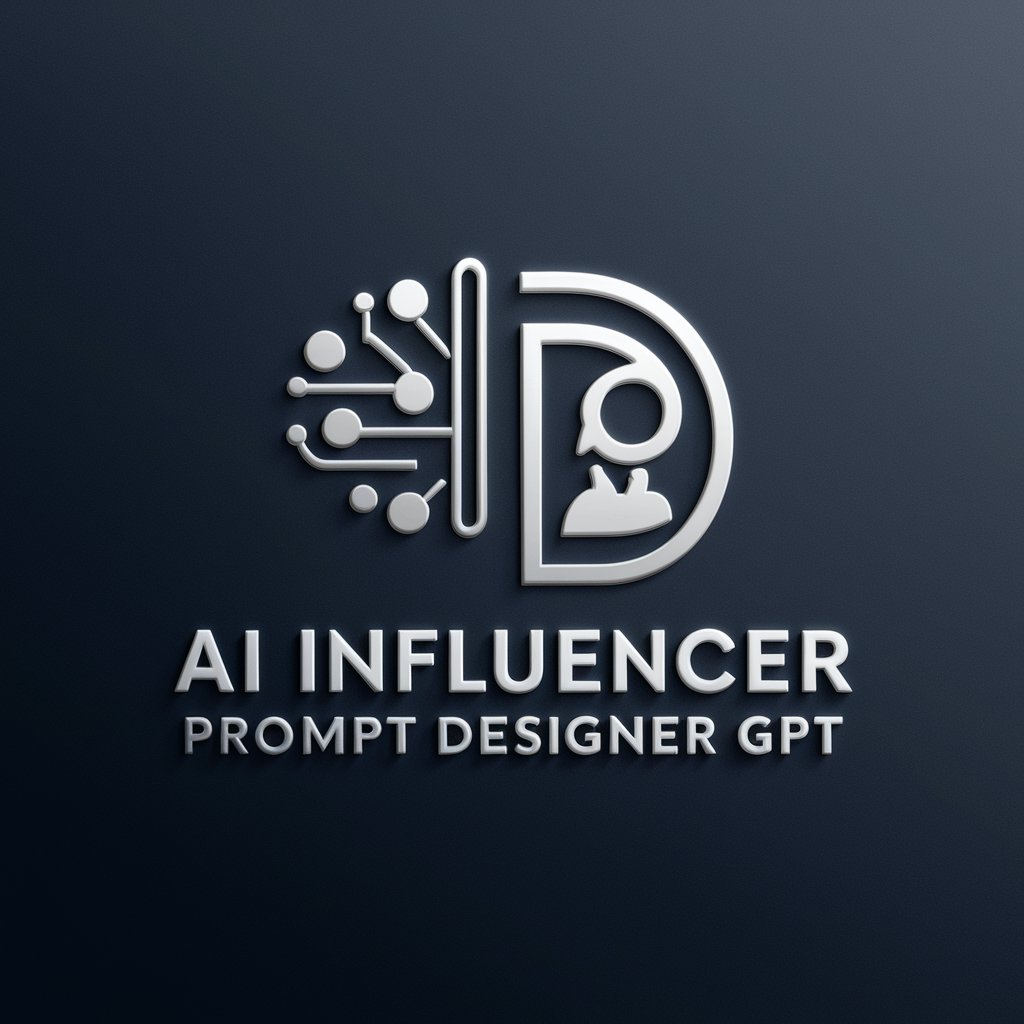
History of China GPT Lecturer
Unlock the Secrets of China's Past

GptOracle | The Mural Painting Artist
Empowering Your Walls with AI

Roman Empire GPT Lecturer
Explore Ancient Rome with AI-Powered Insights

GptOracle | Pimpin' My Bike
Transforming Bikes into Masterpieces
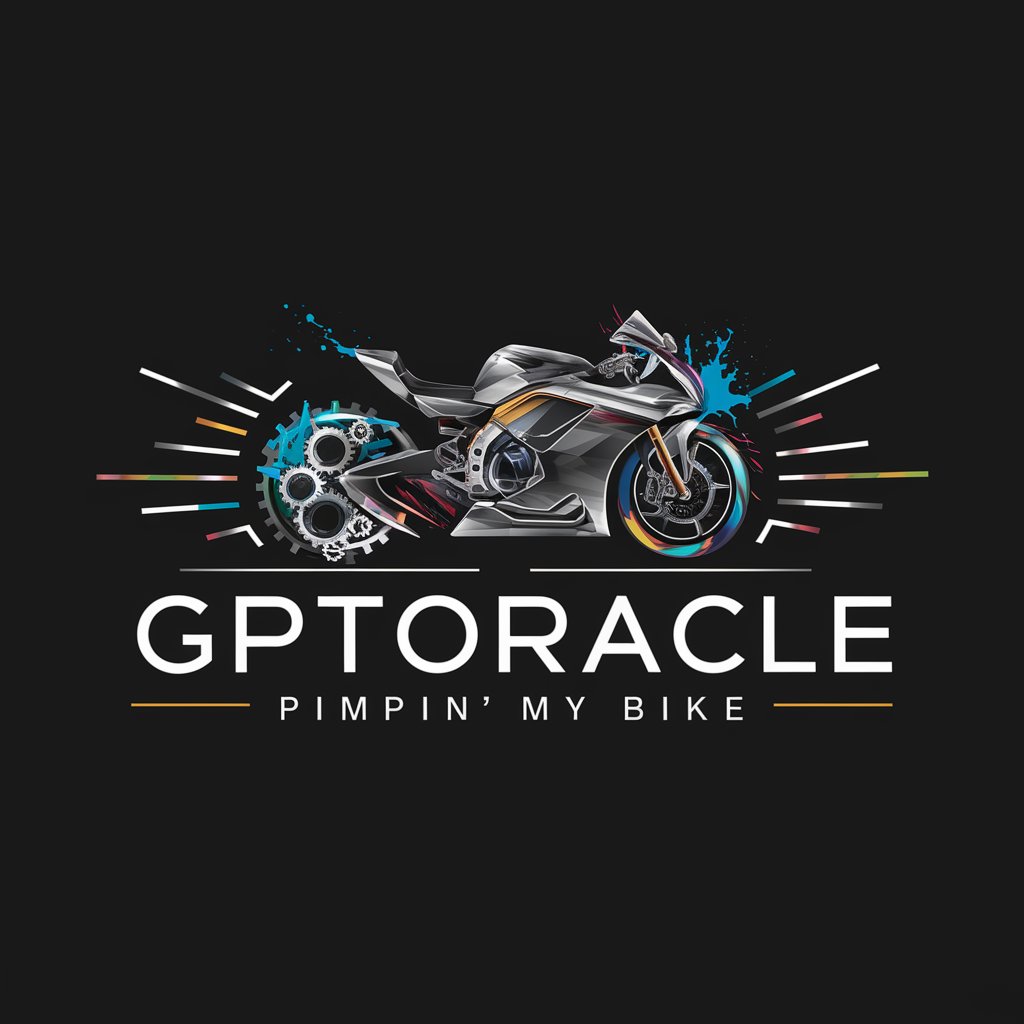
Prompt Design and Engineering Lecturer GPT
Elevate AI interactions with precision-engineered prompts.

Infectious Disease and Antibiotic Stewardship GPT
Empowering Infection Management with AI
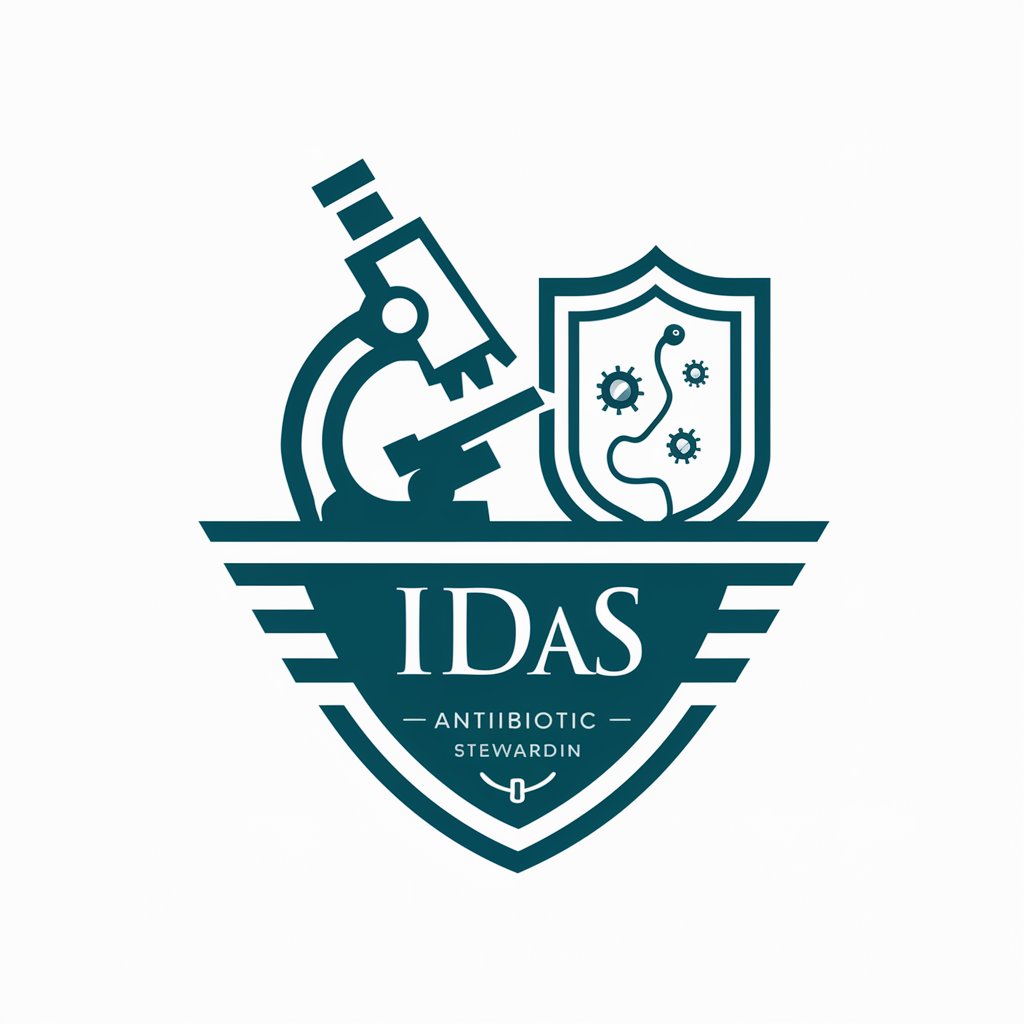
Learn How I Want - Combine Fun & Unfun Topics
Making Learning Enjoyable with AI

MeSH Search Expert
Streamline Your Medical Research with AI-Powered MeSH Searches
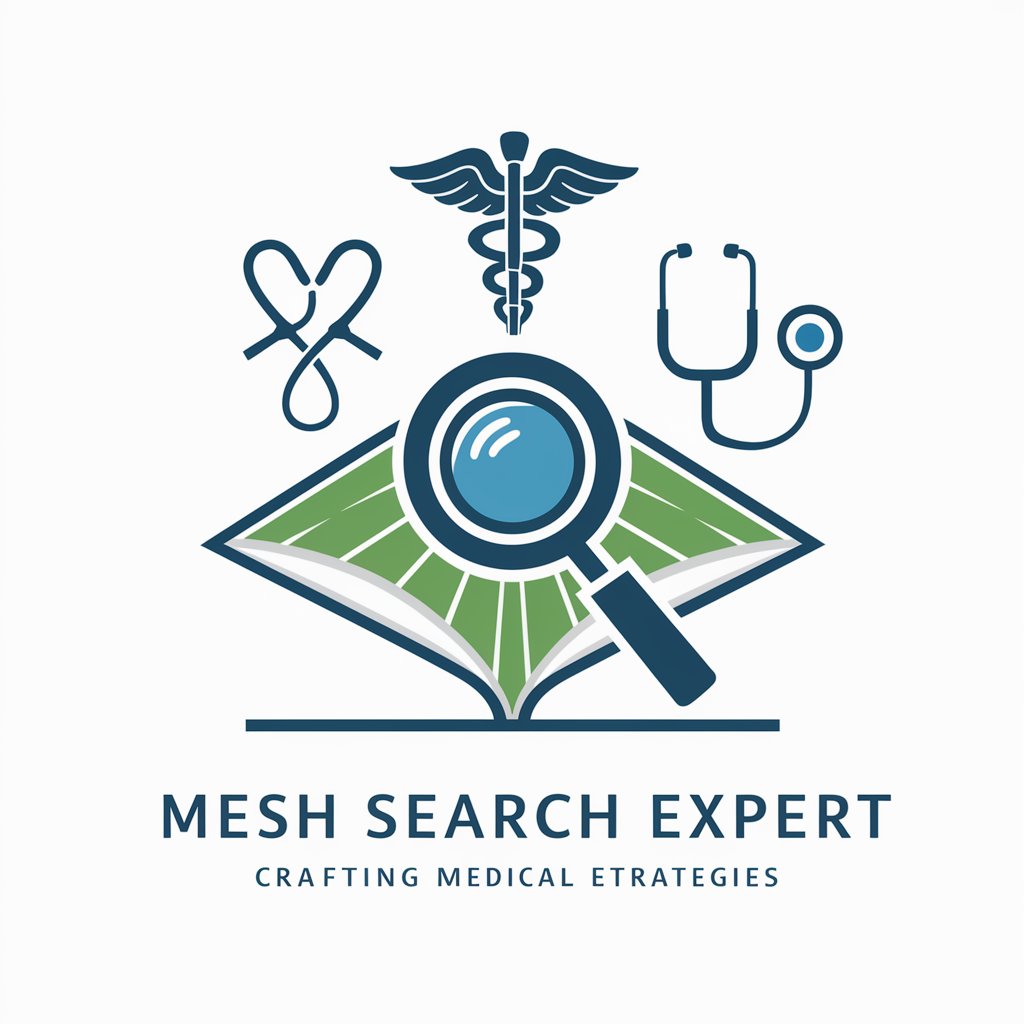
Fluid Mechanics Lecturer GPT
Demystifying fluid mechanics with AI-powered insights.

Density Functional Theory GPT Lecturer
Master DFT with AI-Powered Guidance

Clinical Pharmacology and Pharmacokinetics GPT Q&A
What kind of questions can I ask the Clinical Pharmacology and Pharmacokinetics GPT?
You can inquire about drug metabolism, effects of specific pharmaceuticals, drug interactions, pharmacokinetics models, and any other topics related to clinical pharmacology and pharmacokinetics.
Can this tool help me with dosage calculations?
Yes, the tool can assist with dosage calculations by applying pharmacokinetic principles and models, helping you determine optimal dosing for patients based on various factors.
Is it possible to get information on new drug research?
While the tool can provide insights into established pharmacological principles and existing drugs, it might have limitations on the very latest research due to the need for up-to-date and verified sources.
How accurate is the information provided by this GPT?
The information is derived from a vast database of pharmacological knowledge and is continually updated, ensuring high accuracy. However, always cross-reference with current clinical guidelines.
Can this tool help in teaching pharmacology?
Absolutely, it's an excellent resource for educators in pharmacology, providing detailed explanations, examples, and answering student queries to enhance the learning experience.
